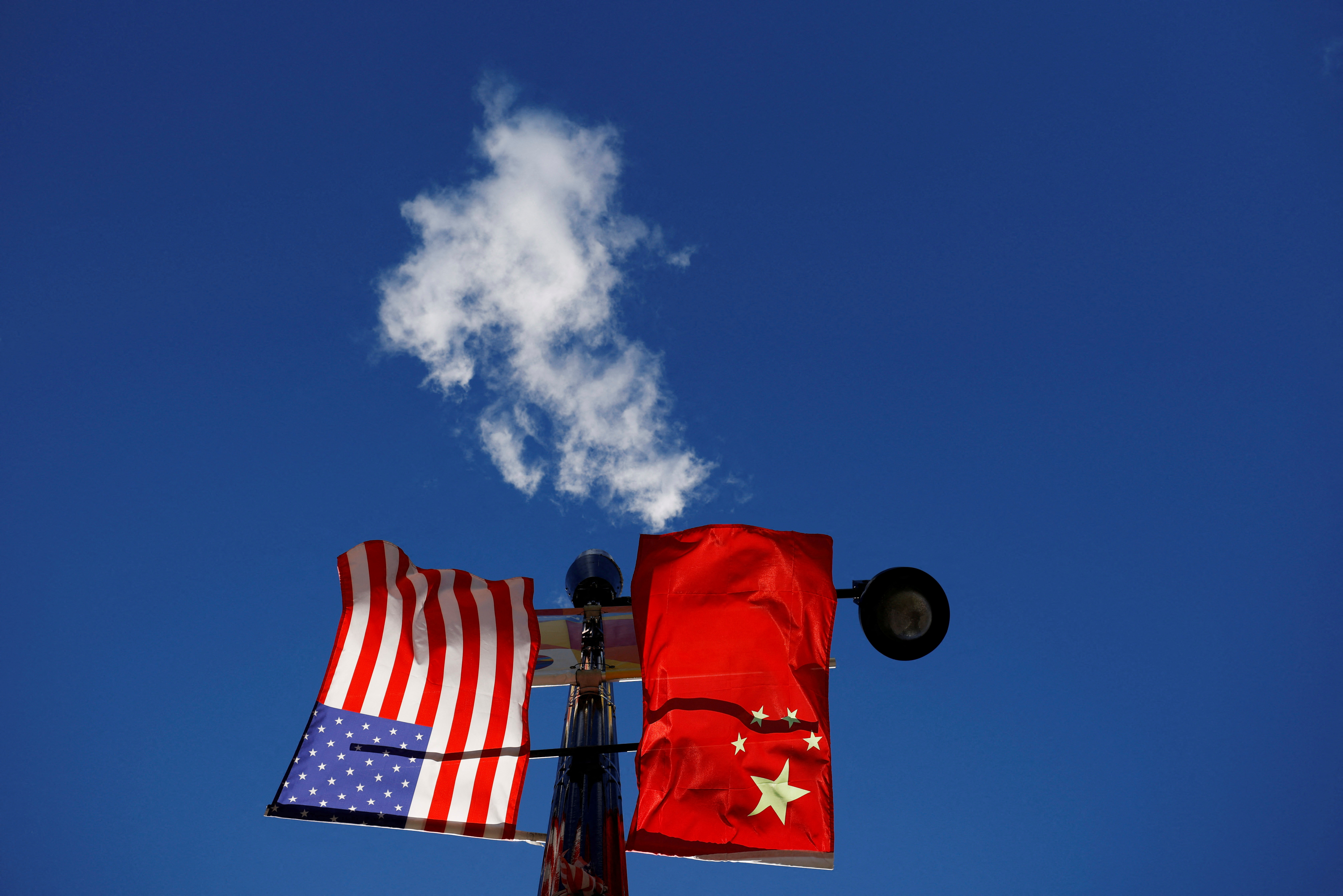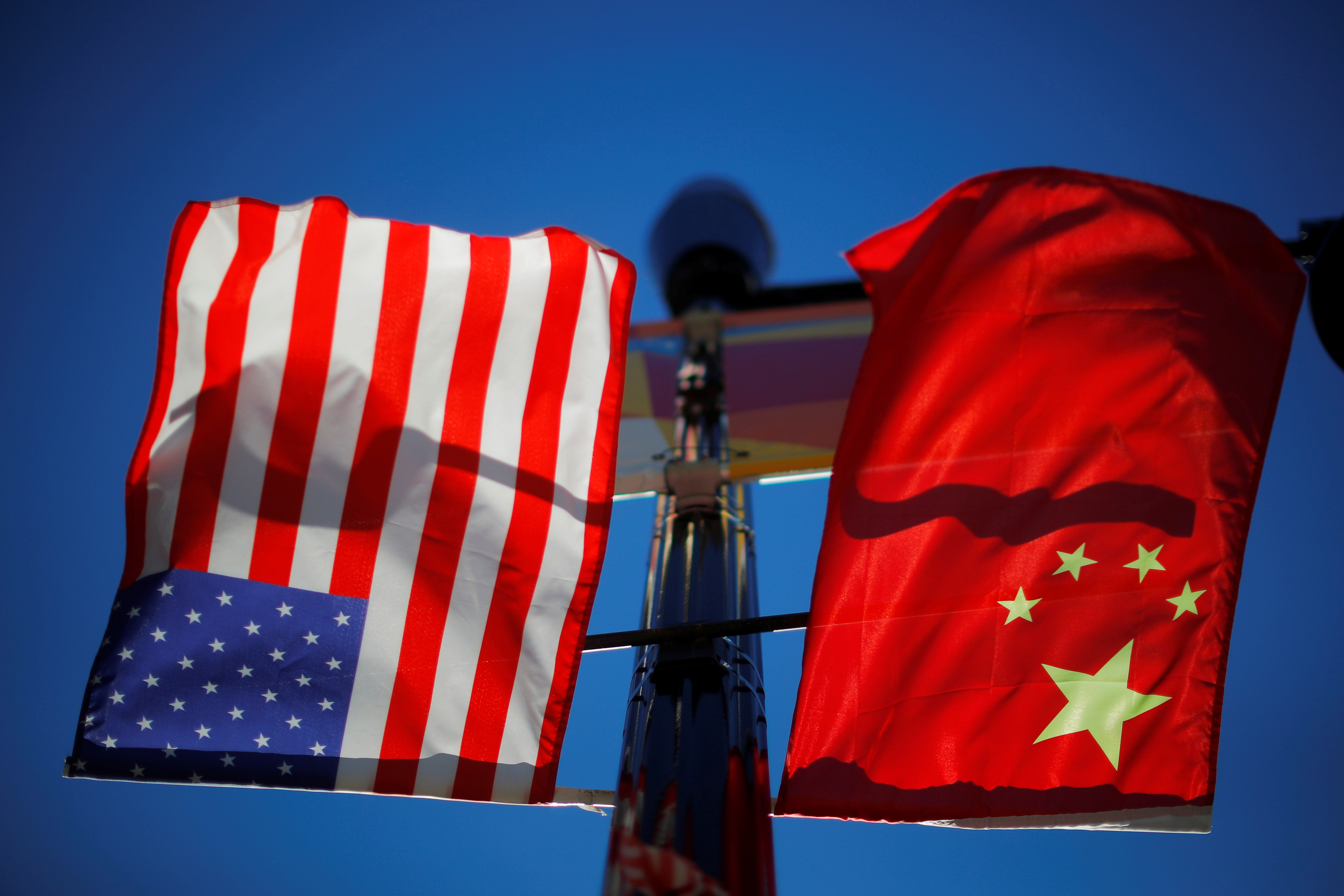The U.S. Public Company Accounting Oversight Board on Thursday said it has gotten full access to inspect and investigate firms in China for the first time ever, removing the risk that around 200 Chinese companies could be kicked off U.S. stock exchanges.
The statement from the PCAOB, the U.S. accounting watchdog, marks a victory for U.S. regulators and a relief for Chinese firms, including Alibaba, facing delisting amid rocky relations between the world’s largest economies. Washington and Beijing have been locked in a heated trade and technology war.
“For the first time in history, we are able to perform full and thorough inspections and investigations to root out potential problems and hold firms accountable to fix them,” said PCAOB Chair Erica Williams.
“This falls into the category of a game changing view of Chinese companies because the threat of their delisting seems to have been eliminated,” said Art Hogan, chief market strategist at B. Riley Financial.
U.S.-listed shares of Chinese companies started trade higher amid the news, but gave up gains due to broader financial market pressure.
The PCAOB, which oversees registered public accounting firms around the world, said late last year said that Chinese authorities had prevented the watchdog from completely inspecting and investigating in mainland China and Hong Kong.
Washington and Beijing reached a landmark deal in August to settle a long-running dispute over auditing compliance of U.S.-listed Chinese firms. Authorities in China have long been reluctant to let overseas regulators inspect local accounting firms, citing national security concerns.
U.S. lawmakers in 2020 agreed to legislation that would oust Chinese companies from U.S. stock exchanges unless they adhere to American auditing standards.
The deal granted PCAOB full access to Chinese audit working papers with no redactions, the right to take testimony from audit company staff in China and sole discretion to select what companies it inspects.
Investors and attorneys have been awaiting news from the PCAOB on whether U.S. inspectors received the access promised.
Sources previously told Reuters U.S. officials had gained “good access” to all the information they requested during the seven-week inspection.
In separate news on Thursday, the Biden administration added Chinese memory chipmaker YMTC and 21 “major” Chinese players in the artificial intelligence chip industry to a trade blacklist, broadening its crackdown on China’s chip industry.
But in a decision that signals renewed cooperation between Washington and Beijing, the Commerce Department also removed a subsidiary of Wuxi Biologics, a company that makes ingredients for AstraZeneca’s COVID-19 vaccine, and 25 other Chinese entities from the so-called unverified list thanks to successful site visits.
In its statement, the PCAOB said it exercised sole discretion to select firms for audit and had selected two, KPMG Huazhen LLP in China and PricewaterhouseCoopers in Hong Kong.
PCAOB staff identified “numerous potential deficiencies” in their inspection work, the board’s chair said, saying the inspection reports will be finalized and made public next year.
“Today’s announcement should not be misconstrued in any way as a clean bill of health for firms in mainland China and Hong Kong,” Williams said.
She declined to specify the types of deficiencies, but said they are in line with those audit inspectors have seen during first-time inspections elsewhere.
The determination announced on Thursday resets a three-year clock for compliance, said Gary Gensler, the chair of the Securities and Exchange Commission, which oversees the PCAOB.
In a statement, he said: “Chinese authorities will need to give PCAOB “full access for inspections and investigations in 2023 and beyond.”
Related Galleries:



